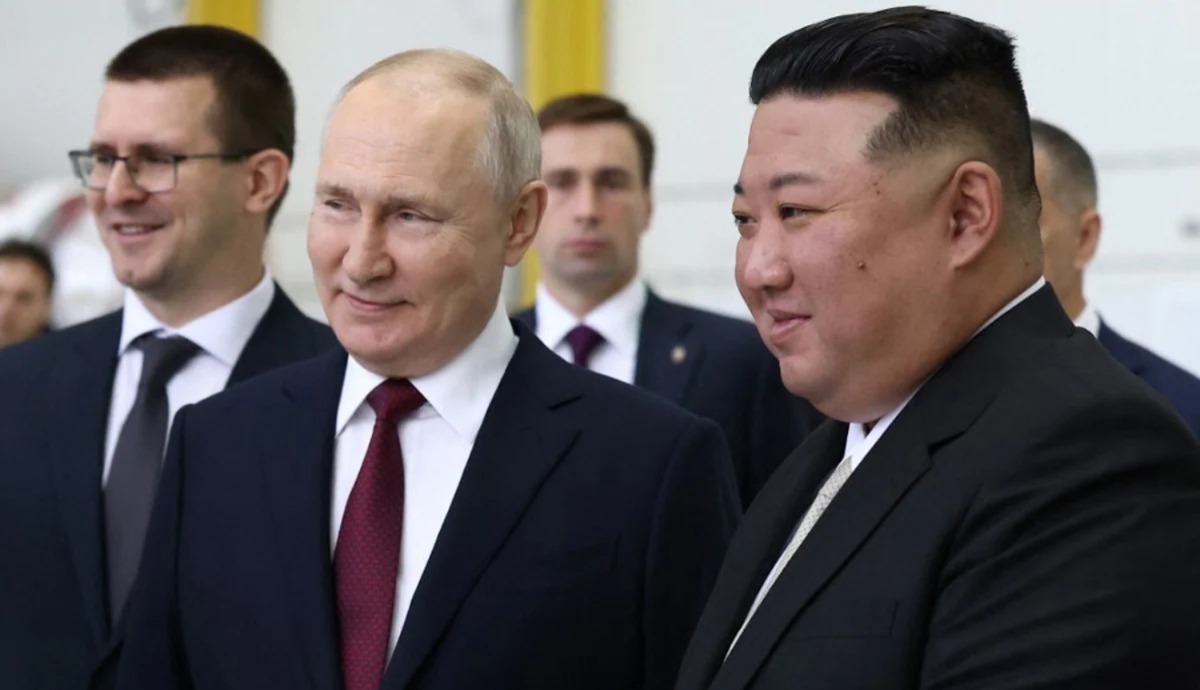Russian President Vladimir Putin is visiting North Korea and Vietnam. Chinese Premier Li Qiang is in Malaysia following his visits to Australia and New Zealand.
Putin’s first visit to North Korea in 24 years, and a rare overseas trip since Ukraine war began, signals a deepening alignment between two internationally isolated nations. Western observers have accused North Korea of providing military aid to Russia’s war effort; both countries have denied this.
Putin’s visits to North Korea and Vietnam indicate he is keen to reject an image of global isolation in the wake of Ukraine war. Moscow last week hosted foreign ministers from BRICS countries. Today’s meeting comes just days after a G7 summit in Italy attended by Ukrainian President Zelensky, where Western leaders reiterated support for Ukraine and agreed to use profits from frozen Russian assets to back a $50 billion loan to it.
Chinese Premier Li Qiang’s visit to Malaysia, the first since 2015, marks the 50th anniversary of Malaysia-China diplomatic relations. PM Anwar has made efforts to maintain ties with both China and the US, while positioning Malaysia as an investment destination for both powers. China and Malaysia will sign BRI and a long-delayed five-year economic co-operation plan. The Malaysian PM has been quoted as saying they will join the BRICS economic bloc, which was expanded last year.
The visit is expected to further enhance political trust between the two nations and bolster Malaysia’s role as ASEAN chair next year. The Chinese premier will visit the East Coast Rail Link, a flagship BRI infra project. China has been Malaysia’s largest trading partner for 15 consecutive years ($98.80 billion in 2023 = 17.1% Malaysia’s global trade).
Li’s Australia visit, the first such high level visit by a Chinese official in seven years, symbolized a normalization of relations, but also exposed some underlying tensions, particularly in critical minerals.
Meanwhile, the US continues to pressure allies – Netherlands and Japan – to enhance China chip curbs. The US wants ASML and Tokyo Electron to limit servicing of high-end chipmaking equipment.
datasurfr will continue to monitor geopolitical developments likely to impact businesses and supply chains.
Disclaimer: The article has reference to open sources including Bloomberg and The Strait Times.






